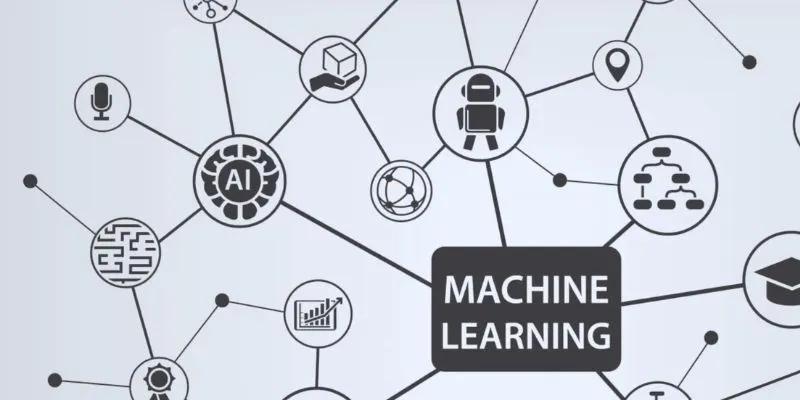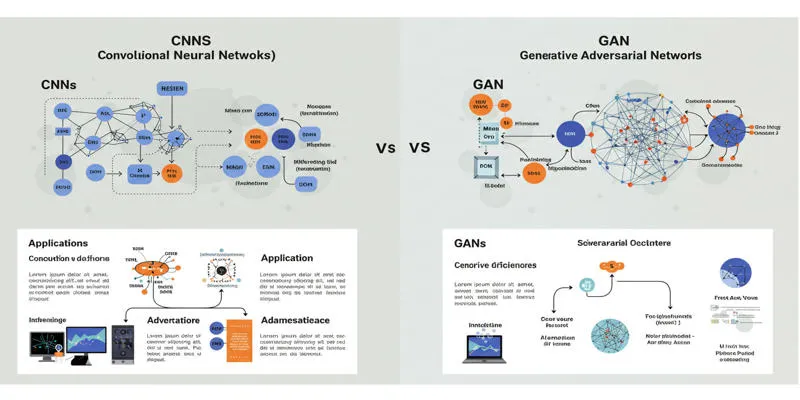Credit scores play a crucial role in determining loan eligibility, yet traditional methods often have limitations that prevent many individuals from securing loans. AI-driven credit scoring is transforming the banking industry by enhancing the speed, accuracy, and fairness of credit assessments.
AI-driven models analyze extensive financial data, enabling lenders to make better loan decisions with reduced bias. This technology accelerates the loan approval process, making banking services more accessible. This article explores how AI is revolutionizing credit scores and the benefits it offers to both borrowers and lenders.
What is AI-Powered Credit Scoring?
AI in credit scoring utilizes machine learning algorithms and big data to evaluate a borrower’s creditworthiness. Unlike traditional models that primarily depend on credit history, AI considers a wide array of data points, including:
- Payment history
- Employment status
- Spending patterns
- Alternative financial data (e.g., utility bill payments, rent payments)
- Bank transactions and account balances
- Social and behavioral data (in some cases)
By processing vast amounts of data, AI provides a more comprehensive and accurate credit assessment, empowering lenders to make well-informed decisions.
Benefits of AI in Credit Scoring

Faster Loan Approvals
One of the primary advantages of AI-based credit scoring is speed. AI-driven credit checks can be completed in minutes, unlike traditional methods that may take days. AI models evaluate multiple factors simultaneously, expediting the process and enabling instant decisions. This rapid decision-making helps users access funds more quickly, enhancing the overall loan experience.
Fairer Credit Decisions
Traditional credit scoring models often exclude individuals with limited or no credit history, making it challenging for first-time borrowers to obtain loans. AI addresses this issue by:
- Utilizing alternative data sources beyond traditional credit reports
- Offering opportunities for those with non-traditional income sources
- Minimizing human bias in credit evaluations
This inclusive approach ensures that more individuals, including younger people, gig economy workers, and those in underserved communities, can access financial support. AI determines creditworthiness based on actual financial behavior rather than outdated scoring models.
Improved Accuracy and Risk Assessment
AI can identify patterns and predict credit risk with greater precision than traditional methods. By evaluating financial behaviors and forecasting future creditworthiness, AI helps lenders reduce the risk of defaults. This enables lenders to offer more competitive interest rates to low-risk borrowers while implementing precautionary measures for higher-risk applicants.
Lower Operational Costs
Lenders benefit from AI by cutting costs associated with manual credit assessments. Automated processes reduce paperwork, streamline loan approvals, and boost efficiency. Financial institutions can allocate resources to more critical aspects of customer service, enhancing borrower satisfaction.
Challenges of AI in Credit Scoring
While AI offers numerous benefits, it also presents challenges that need to be addressed.
Data Privacy Concerns
AI models rely on vast amounts of personal data, raising concerns about data privacy and security. Lenders must comply with data protection laws and implement strong cybersecurity measures to safeguard borrowers’ financial information. Unauthorized access to sensitive data could lead to fraud or identity theft.
Lack of Transparency
AI decision-making processes can be complex and difficult to interpret, often referred to as the “black box” problem. This lack of transparency can make it challenging for borrowers to understand why they were denied credit. Many lenders are working to make AI models more explainable, providing borrowers with clearer reasons for credit decisions.
Current Applications of AI in Credit Scoring
Many financial institutions worldwide have adopted AI-based credit scoring models. Key applications of AI include:
- Automated Credit Decisions – Banks and fintech companies use AI to instantly approve or reject loan applications based on real-time data analysis.
- Personalized Loan Offers – AI enables lenders to customize loan offers based on a borrower’s financial behavior and risk level.
- Fraud Detection – AI identifies unusual transactions and potential fraudulent activities, ensuring secure credit assessments.
- Loan Monitoring – AI continuously tracks borrowers’ financial behaviors, allowing lenders to adjust loan terms or provide assistance if a borrower faces financial difficulties.
Importance of AI for Borrowers and Lenders

AI-powered credit scoring offers various advantages for both borrowers and lenders:
For Borrowers:
- More Accessible Credit – AI evaluates more data points, increasing the likelihood of loan approval for those with limited credit history.
- Fairer Credit Evaluations – Decisions are based on actual financial behaviors rather than traditional credit scores.
- Faster Processing – Borrowers can receive loan approvals within minutes instead of waiting days.
- Better Loan Terms – A more accurate risk assessment leads to fairer interest rates and repayment terms.
For Lenders:
- Reduced Default Rates – AI’s predictive analytics help lenders identify high-risk borrowers before approving loans.
- Operational Efficiency – Automating the credit assessment process reduces costs and processing times.
- Improved Customer Satisfaction – Faster approvals and personalized loan offers enhance the customer experience.
- Compliance Management – AI aids in maintaining compliance by detecting fraudulent applications and ensuring fair lending practices.
Conclusion
AI is revolutionizing credit scoring, making lending faster, fairer, and more efficient. By analyzing vast amounts of data, reducing bias, and improving risk assessment, AI-driven credit scoring benefits both lenders and borrowers. However, challenges such as data privacy, transparency, and regulatory compliance must be addressed to maximize AI’s potential in the financial sector. By leveraging AI responsibly, financial institutions can offer more inclusive lending opportunities, helping individuals and businesses access the financial support they need without unnecessary delays or discrimination.
 zfn9
zfn9























